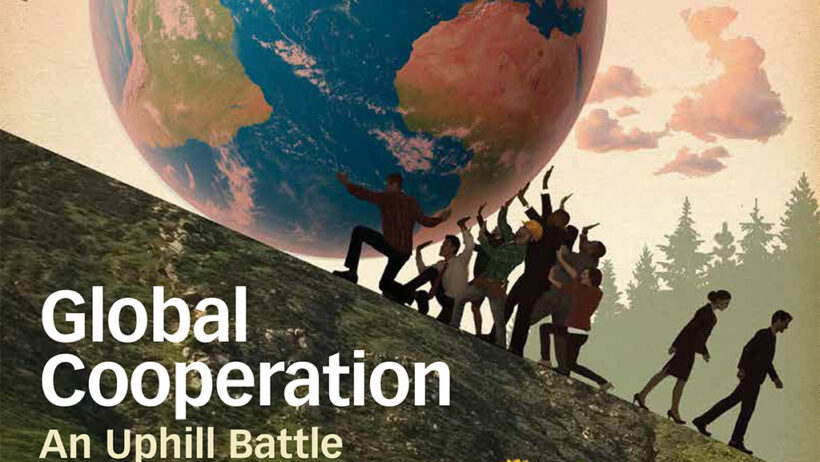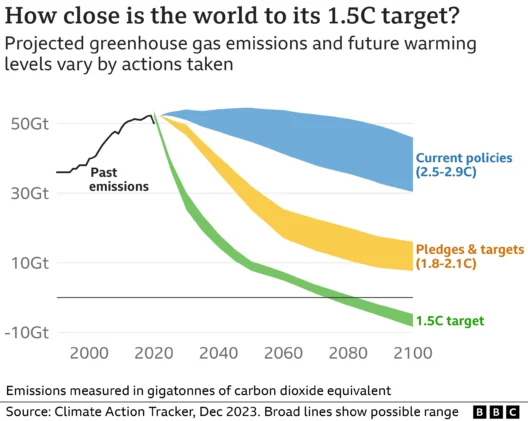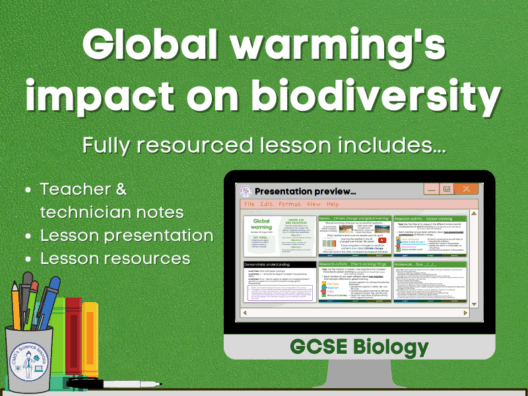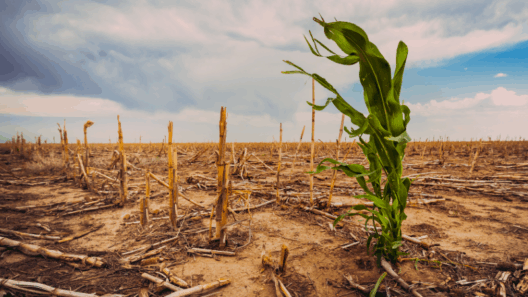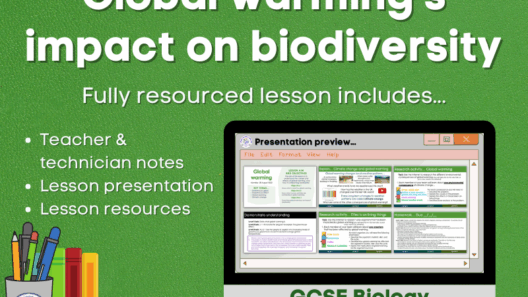Global warming is not just an environmental crisis; it is a multifaceted challenge that reshapes the very fabric of governance and policy-making across the globe. Governments around the world are confronted with increasingly severe climatic phenomena that catalyze changes in policy at every level. From rising sea levels threatening coastal cities to erratic weather patterns disrupting agriculture, the manifestations of climate change drive a reassessment of priorities and strategies in governance. This transformative experience prompts a deeper inquiry into how and why climate-induced challenges are so captivating and, indeed, how they necessitate innovative solutions.
The urgency of climate change has necessitated a robust response from governments, yet many find themselves grappling with limitations in resources and structural inertia. Policymakers are races against time, faced with competing interests and a cacophony of voices demanding immediate action on climate issues. However, this precarious situation is not merely a consequence of environmental degradation; it is also a symptom of the complex interplay between politics, economics, and social dynamics. As climate conditions worsen, the resulting instability highlights the interconnectedness of global systems—forging even tighter bonds between climate policy and other domains such as public health, economic development, and international relations.
In considering the impact of climate change on governance, it is critical to acknowledge the shifting paradigms of power and authority. Traditional hierarchies are being challenged as local, national, and global stakeholders wrestle with the pervasive impacts of climate disruptions. For instance, local governments are often at the forefront of climate adaptation measures, spearheading initiatives that resonate with their communities. These entities, once relegated to the periphery of policymaking, are now emerging as pivotal players in the formulation of climate strategies. Their experiential knowledge about local ecosystems and community vulnerabilities renders them essential in crafting effective, context-sensitive responses to climate exigencies.
The advent of climate migration adds another layer of complexity to governance structures. As populations are displaced due to unsustainable living conditions, international policy frameworks must evolve to accommodate the needs of climate refugees. The legal and ethical implications of migration fueled by environmental factors remain fraught with contention. It raises difficult questions about sovereignty, human rights, and the responsibilities of nations to one another. Addressing these profound dilemmas requires a synthesis of empathy, pragmatism, and integrity in policy formation.
Simultaneously, the economic ramifications of global warming are astronomical, compelling governments to reconsider their development models. The bleak forecasts regarding the financial costs of not acting on climate change amplify the pressure on policymakers to act. As sectors such as agriculture, tourism, and insurance face existential threats, priorities must be realigned. Incentivizing sustainable practices and decarbonizing economies are now paramount. Transitioning to renewable energy sources not only serves the dual purpose of mitigating climate impacts but also stimulates job creation, spurring economic resilience. This evolution is not merely an obligation but an opportunity for governments to re-envision their fiscal strategies in harmony with ecological integrity.
The intersection of climate governance and public health is another dimension that has gained traction in recent years. The COVID-19 pandemic elucidated the vulnerabilities in global health systems, prompting legitimate concerns about how similarly uncontrolled climate change could precipitate widespread health crises. Extreme weather events, air pollution, and water scarcity are just a few examples of climate factors that exacerbate health challenges and inequities. Governments are increasingly recognizing the need to syncretize public health and climate policy to nurture a healthier, more sustainable future. The idea of a “green recovery” post-pandemic emerged as a clarion call, emphasizing the mitigation of both climate change and public health threats as interconnected goals.
Moreover, international cooperation has never been more essential in addressing climate change. Frameworks like the Paris Agreement and various United Nations initiatives underscore the collective ambition that transcends borders. Nevertheless, the effectiveness of such agreements hinges on the commitment of individual nations. Political circumspection and national interests continue to create schisms, often hindering collective progress. As governments navigate these fractured alliances, they must likewise commit to transparency, accountability, and sustainability as guiding principles in their governance methodologies.
Amidst this complex landscape, citizen engagement emerges as a crucial element in the governance of climate initiatives. Grassroots movements are galvanizing communities, advocating for policy changes that align with environmental goals. The power of public sentiment cannot be understated, as engaged citizens actively influence how governments allocate resources and prioritize action. This democratization of climate discourse underscores the importance of education and awareness in fostering an informed citizenry capable of holding decision-makers accountable.
In conclusion, the imperatives of global warming are reshaping governance in profound and intricate ways. The challenges posed by a changing climate demand adaptive, innovative, and collaborative responses from governments. This dynamic environment not only propels an evolution in policies but also evokes a broader societal transformation rooted in sustainability and justice. As nations grapple with these urgent challenges, the fascination with climate change as a catalyst for political evolution highlights a pivotal point in human history—a moment where governance is tested, redefined, and ultimately strengthened by adversity.



